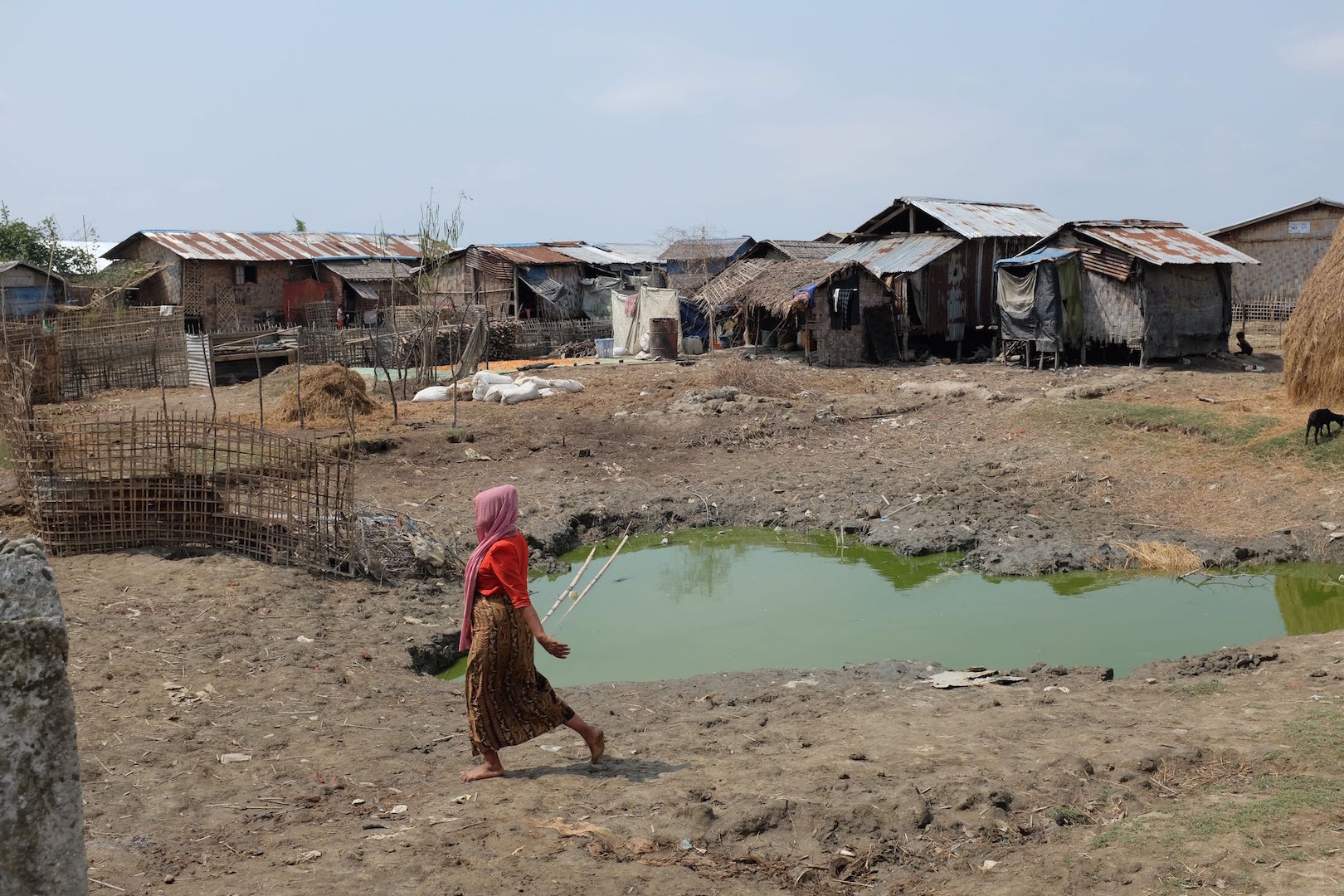At the Human Rights Council in Geneva, Myanmar “disassociated” itself from the resolution to create a fact-finding mission.
Three days later, on Armed Forces Day, Myanmar’s military chief, Min Aung Hlaing, gave a speech rejecting “political interference” and claiming that the Rohingya are illegal immigrants from Bangladesh. Myanmar’s civilian leader, Nobel laureate Aung San Suu Kyi, also rejected the UN decision, saying in a televised address: “It is not suitable for our country.”
Even if Aung San Suu Kyi agreed with the UN mission, there would be little she could do to facilitate it. The elected, civilian administration she leads has a tenuous relationship with the military, which enforced absolute rule over Myanmar for almost half a century before enacting reforms in 2011. The reforms allowed political freedom, but Aung San Suu Kyi has no power and limited influence over the military.
The Human Rights Council has no legal powers of enforcement and is in no position to punish Myanmar if it fails to cooperate.
Should the government and military deny access, the UN mission is expected to begin detailed investigations among the tens of thousands of Rohingya who fled across the border into Bangladesh after Myanmar’s military launched counter-insurgency operations late last year.
"If access is barred, the mission will try to reach witnesses wherever they are, including Bangladesh," said a UN source on condition of anonymity, as they were not authorised to speak to media on the subject.
Groups, including the Office of the UN High Commissioner for Human Rights, have already collected testimonies from Rohingya in Bangladesh, and OHCHR's February report suggested it was “very likely” that security forces committed crimes against humanity. The mission will consider that report and aims to use the specialised forensic and investigative tools of a team with experience in international law, military- and gender-based violence to ascertain the facts.
Myanmar has denied that atrocities took place during the counter-insurgency operations, but has prevented any outside scrutiny by sealing off the conflict zone in northern Rakhine State. Aid deliveries were also completely blocked for about two months, and the UN’s emergency aid coordination body, OCHA, said on Monday that humanitarian access is still “severely limited”.
Little pressure
Rights advocates had hoped the Human Rights Council would instead approve a weightier Commission of Inquiry, which would have had a broader mandate and could have put greater pressure on Myanmar to accept it. The international community could lean on Myanmar to accept the weaker fact-finding mission, but there is no evidence of any serious attempt so far.
Myanmar’s two powerful neighbours, China and India, both “disassociated” themselves with the resolution. Indonesia has been outspoken about the crisis facing the Rohingya, but its embassy in Yangon told IRIN that – in rejecting the resolution – Myanmar’s government was acting “within the framework of upholding law as a sovereign country”.
European governments are insisting that Myanmar cooperate with the UN mission, but their language is hardly threatening – public statements stress the need to promote the country’s “democratic transition”.
Roland Kobia, EU ambassador to Myanmar, told IRIN the EU would “look forward to Myanmar's full cooperation with the fact-finding mission” and “confirmation of the country's cooperative approach with the international community”.
But there was no suggestion of any steps that might be taken to twist Aung San Suu Kyi’s arm or press the military into opening the door to the investigation team.
Possible trade-offs
Despite what could evolve into a diplomatic stand-off between the UN and Myanmar (if it continues to push back), analysts say the fact-finding mission may still serve a purpose.
Charles Petrie, a former UN resident coordinator in Myanmar and author of a landmark report on the failure of the UN to protect civilians during Sri Lanka’s civil war, admitted that the chances of investigators gaining access were “pretty slim”. But he told IRIN that the UN resolution could boost the prospects of Myanmar’s government implementing the recommendations made by an advisory commission on Rakhine.



